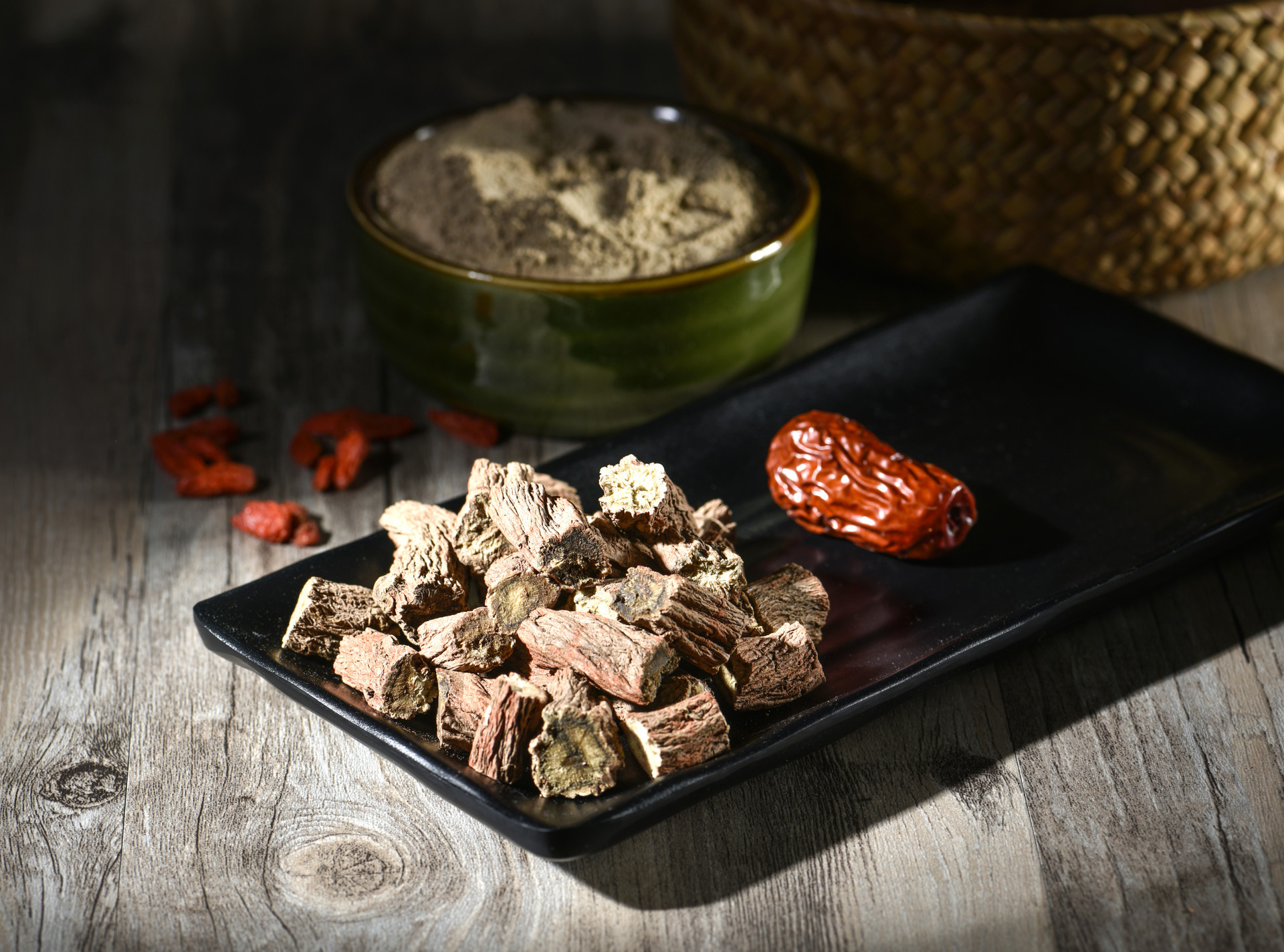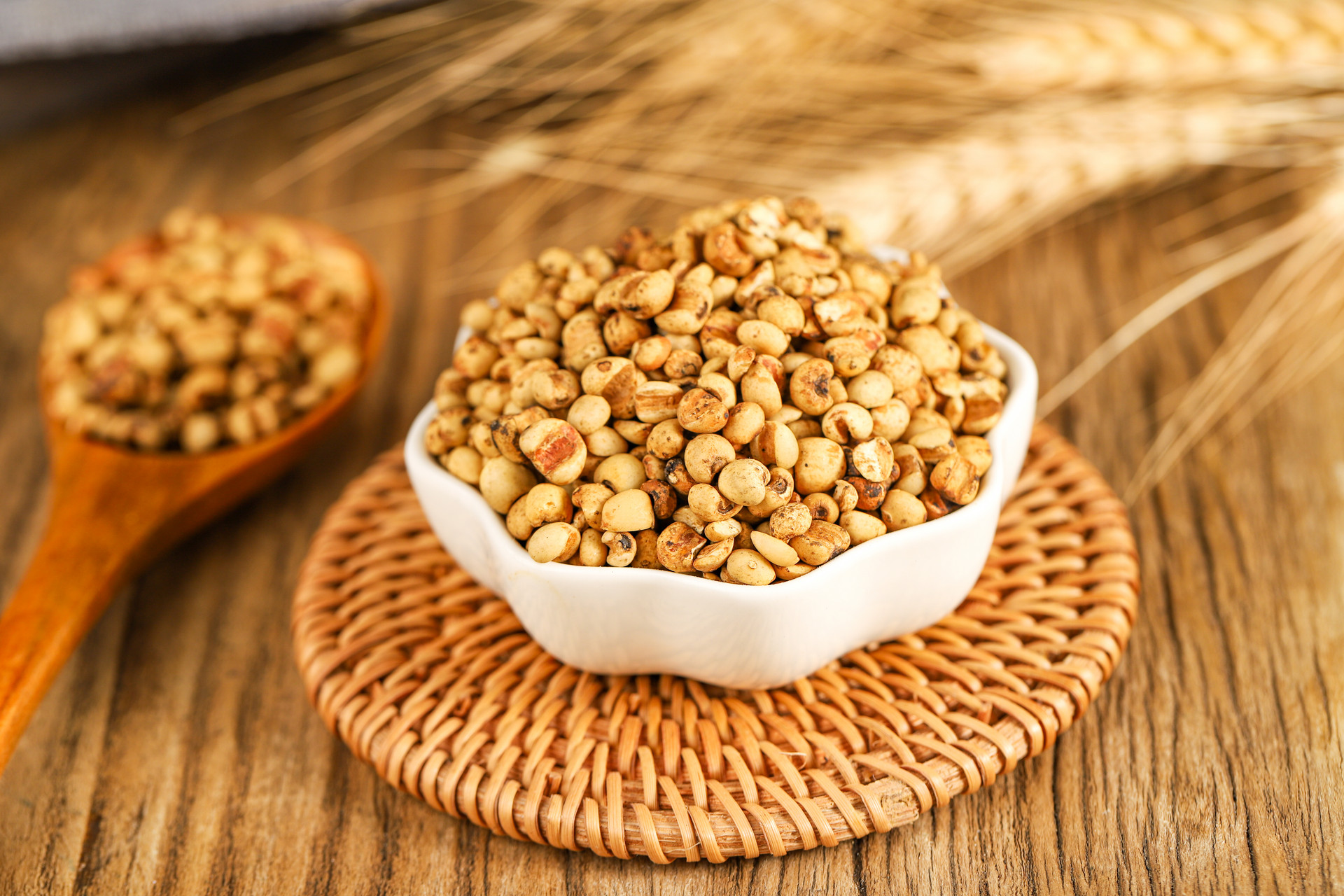A few years ago, someone gave us a box of bird's nest, but no one in our family has eaten it. Now I think it's probably expired. I would like to ask how long is the shelf life of bird's nest? Can it still be eaten after it's expired?
How long is the shelf life of bird's nest?
The length of the shelf life of bird's nest depends on the amount of residual moisture. The less residual moisture, the longer the shelf life.
Dried bird's nest
Around 3 years.
Dried bird's nest refers to the commonly seen dried bird's nest in the market. The shelf life of dried bird's nest is closely related to its quality. If it is of high quality with high drying degree and fewer impurities, it can generally be stored for about 3 years. However, poor quality dried bird's nest may only be stored for about 1 year.
Wet bird's nest
About a week.
Wet bird's nest refers to bird's nest that has been soaked. Due to its high moisture content, it is prone to spoilage. If properly stored, it can be kept for about 5-7 days. However, if not properly stored, it may only last a few hours.
Can expired bird's nest be eaten?
It is generally not recommended to continue eating it.
Generally, if bird's nest has expired, it has likely undergone spoilage reactions. Bird's nest contains a large amount of protein and carbohydrates, which are prone to mold. If bird's nest has visible mold spots, decay, or other signs of spoilage, it is not recommended to continue eating it. Consumption of such bird's nest can lead to a series of gastrointestinal reactions such as abdominal pain, diarrhea, vomiting, and even adverse effects on other organs.
However, if the bird's nest at home is well preserved and there is no sign of mold, it can still be consumed even after it has expired.
How to determine if bird's nest has expired
Dried bird's nest
Fresh dried bird's nest has a white appearance, dry to the touch, and a unique fragrance. Expired bird's nest may darken in color, some may even turn black, or show obvious mold spots or points. It may also show signs of moisture and have a noticeable moldy smell.
Wet bird's nest
Normal wet bird's nest has a fragrant smell, is clean, and has no bubbles. Expired wet bird's nest may have a noticeable rotten smell or many sticky bubbles.
What to do if you eat expired bird's nest
1. Stop consumption
If you have only consumed a small amount of expired bird's nest and have a good constitution, you may not experience any discomfort. Stop eating the expired bird's nest and closely observe your own condition. If the symptoms are mild, they will gradually disappear after stopping the consumption of bird's nest for a period of time.
2. Drink plenty of water
If you experience abdominal discomfort, abdominal pain, diarrhea, or other symptoms after consuming expired bird's nest, try to drink plenty of warm water or pure milk. This can help alleviate gastrointestinal symptoms to some extent.
3. Seek medical attention
If the abdominal pain, diarrhea, or other discomfort symptoms are severe, or if other symptoms occur, it is recommended to seek medical attention immediately for examination and receive symptomatic treatments such as fluid replacement or gastric lavage.
Tips for storing bird's nest
Dried bird's nest
When storing dried bird's nest, avoid light, high temperatures, and moisture.
1. Place the dried bird's nest in a sealed bag.
2. Squeeze out excess air.
3. Put the dried bird's nest in a box.
4. Close the lid and store it in a cool and dry place.
Wet bird's nest
1. Place the wet bird's nest in a storage container.
2. Close the lid tightly, then place the container in the refrigerator.
3. The longer wet bird's nest is stored, the more nutrients it may lose. It is recommended to consume it as soon as possible.












